Born in Hong Kong • Studied Mathematics at University of York, UK • Highest Degree MSc in Applied Mathematics • Lives in London, UK • Occupation Freelance Mathematician / Founder of an analytical advisory company
Growing up in two distinct family cultures (Chinese parents in Hong Kong and “adoptive” English parents in the UK), I noticed that girls weren’t often encouraged in the same way that boys were. Many Asian parents would prefer that their daughters marry and focus on family rather than pursuing studies in higher education. Due to this, I wish to be a role model to younger generations, especially girls, so that they may be inspired and have the courage to follow their dreams. My ultimate goal is to improve the world through maths, data science and technology. Hence, that is why I set up an analytical consultancy company called the analytical advisory company Hypatia Analytics Ltd in 2019, which allowed me to spend more time on different types of charity work.
My ultimate goal is to improve the world through maths, data science and technology.
Since graduating from university, I have been applying my skills to continuously show people how they can use mathematics in healthcare and life sciences. During my tenure at the National Health Service (NHS), I participated in several diversity and equality projects. The NHS lacks information on ethnicity and I noticed that researchers had to use the general label “South Asian Name programme” to gather more details. I headlined a project discovering whether extra details can improve the name-test accuracy and to carry out diagnostics tests using patients’ self-reported ethnicity as the standard compared to test results. The outcome has been widely adopted in the Bradford/Leicester council area, improving NHS data and enabling valuable insights for local health economics planning.
Since data science is a relatively new type of career, many people haven’t yet fully understood why it is needed and how to apply it in the real world. Education is the key for people who want to be specialized professionals, but they also need to make the field accessible to the general population. My role as a trustee at The Institute of Mathematics and its Applications (IMA) allowed me to chair three national conferences to showcase how mathematics can be used with data science and helping others to get more help from the industry.
My company [..] acts as an analytical advisor for charities providing statistical support for clean water programmes, using data science and technology to improve design and optimise resources needed to implement systems.
Skill-based volunteering is also very close to my heart; with my company Hypatia Analytics Ltd I have had the opportunity to voluntarily lead tech and maths projects engaging with the public and different charity organisations. Hypatia Analytics Ltd acts as an analytical advisor for charities providing statistical support for clean water programmes, using data science and technology to improve design and optimise resources needed to implement systems. The charity’s aim is for people’s lives to improve from having clean water close to their home. Hence, more children have time to attend school and the prevalence of illnesses is decreased.
In the summer of 2021, Hypatia Analytics Ltd in partnership with a charity promoting mathematics set up a Math & Data Summer programme called “Discover Data”. This program is a series of introductory workshops on how applied mathematics with real-world evidence can be used to address the world’s problems to students aged 14-17. However, the program did not stop there, it had set up a monthly meeting to teach more, and we are now planning Summer 2022 face-to-face workshop.
I believe data and mathematics are at the heart of better decision-making and hope that people can benefit from it.


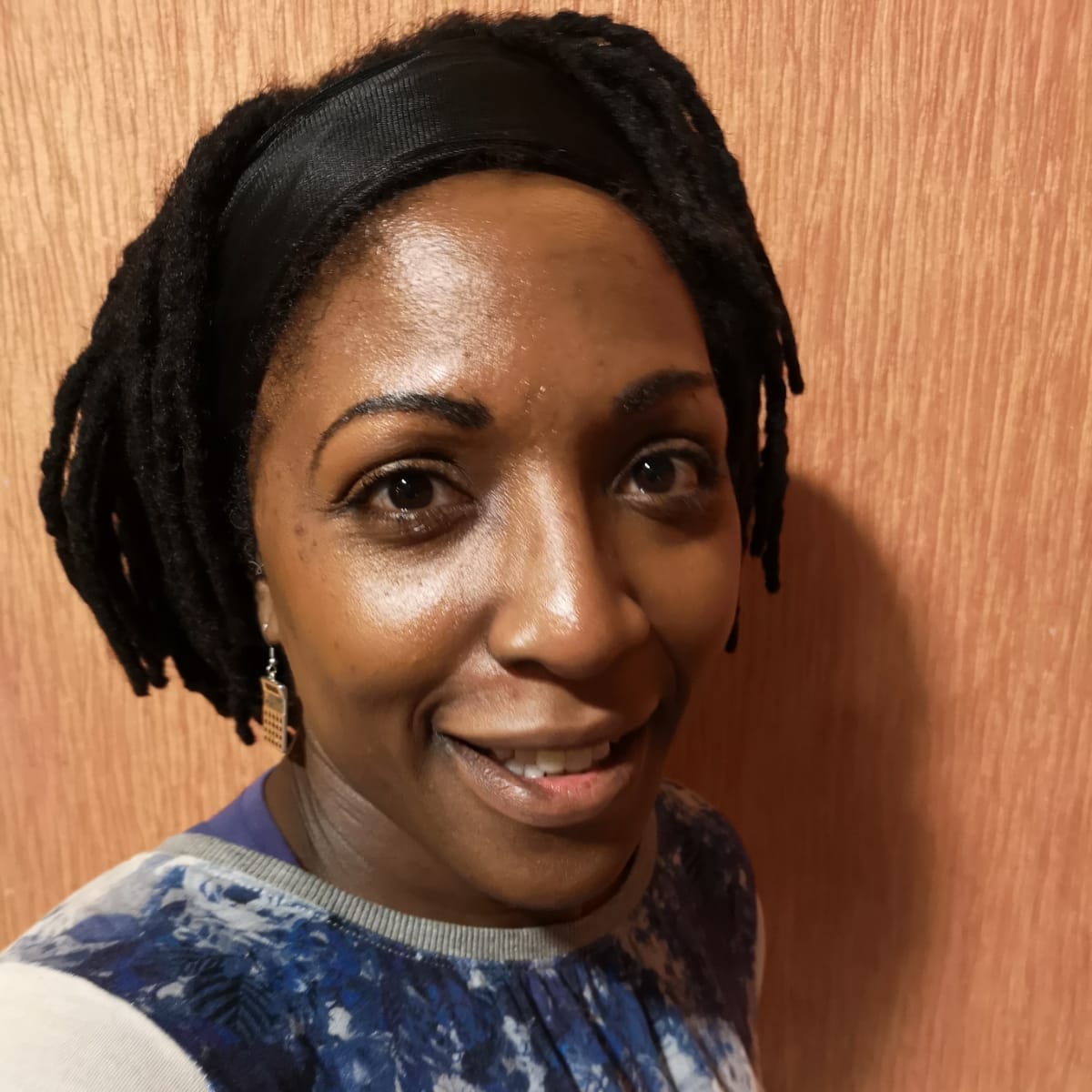
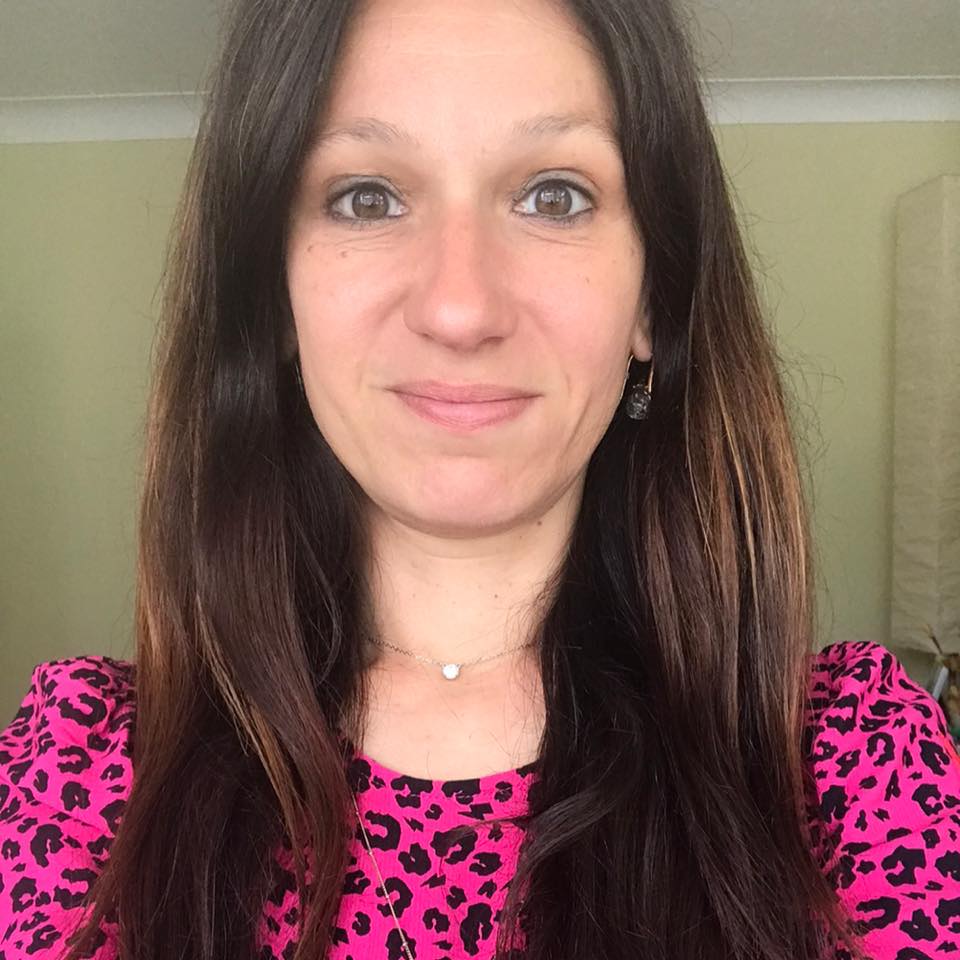
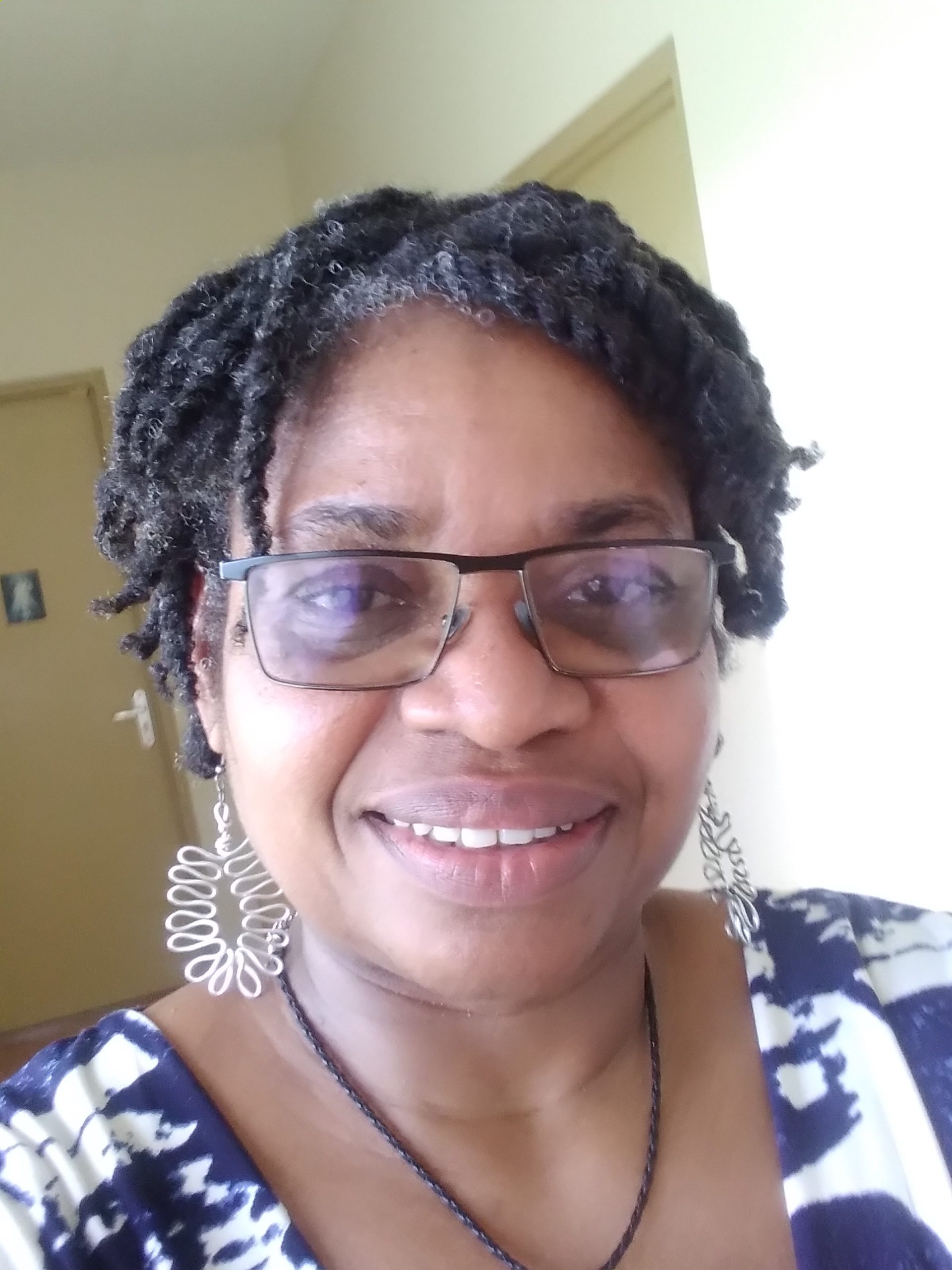

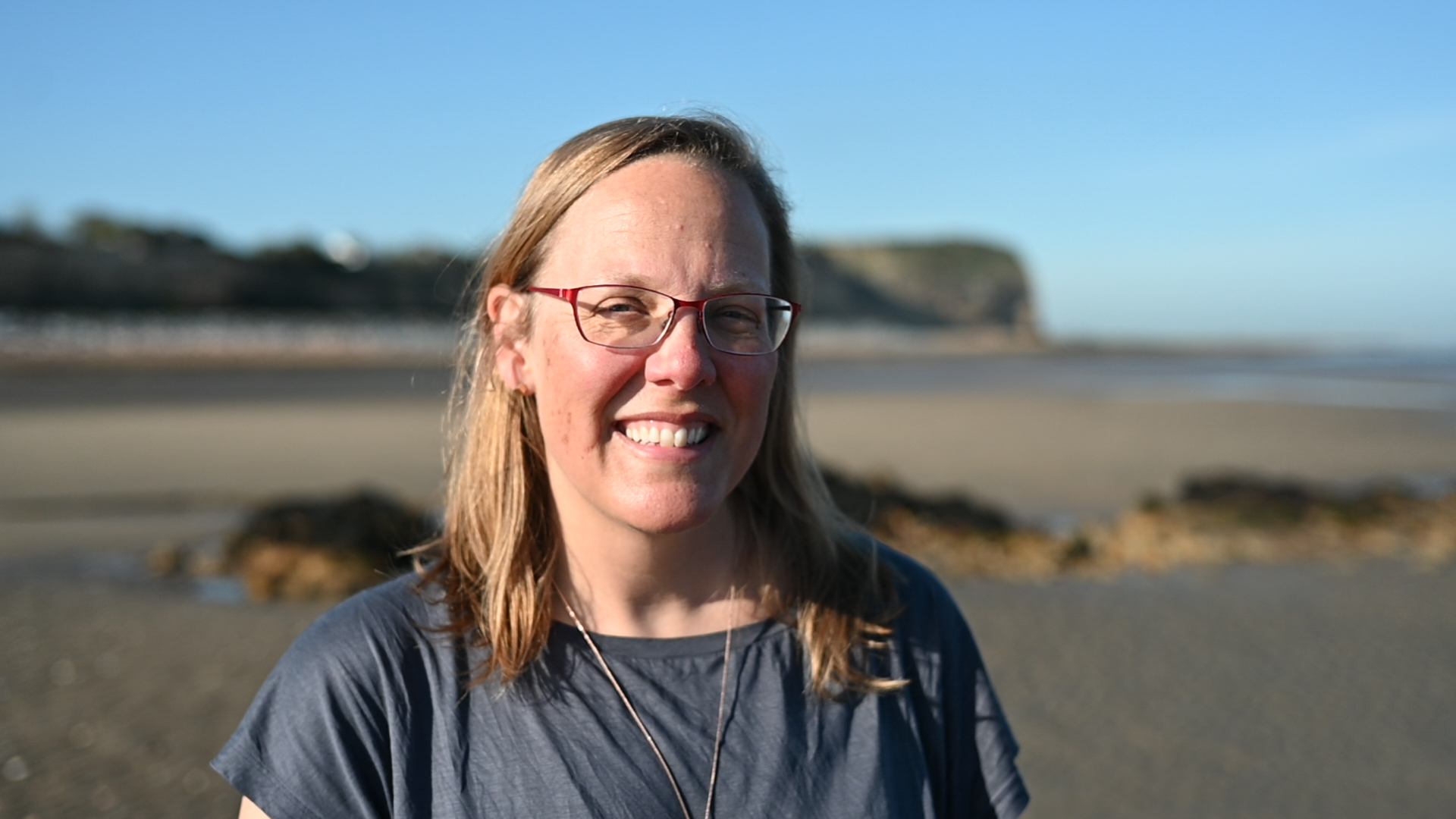



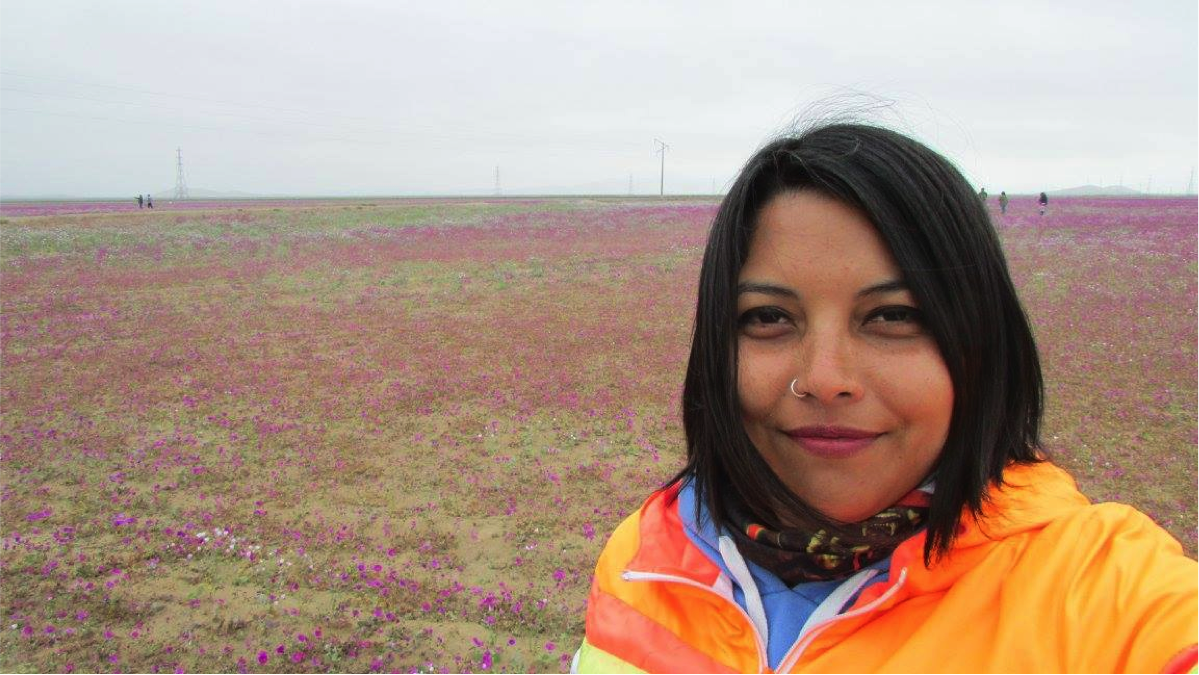
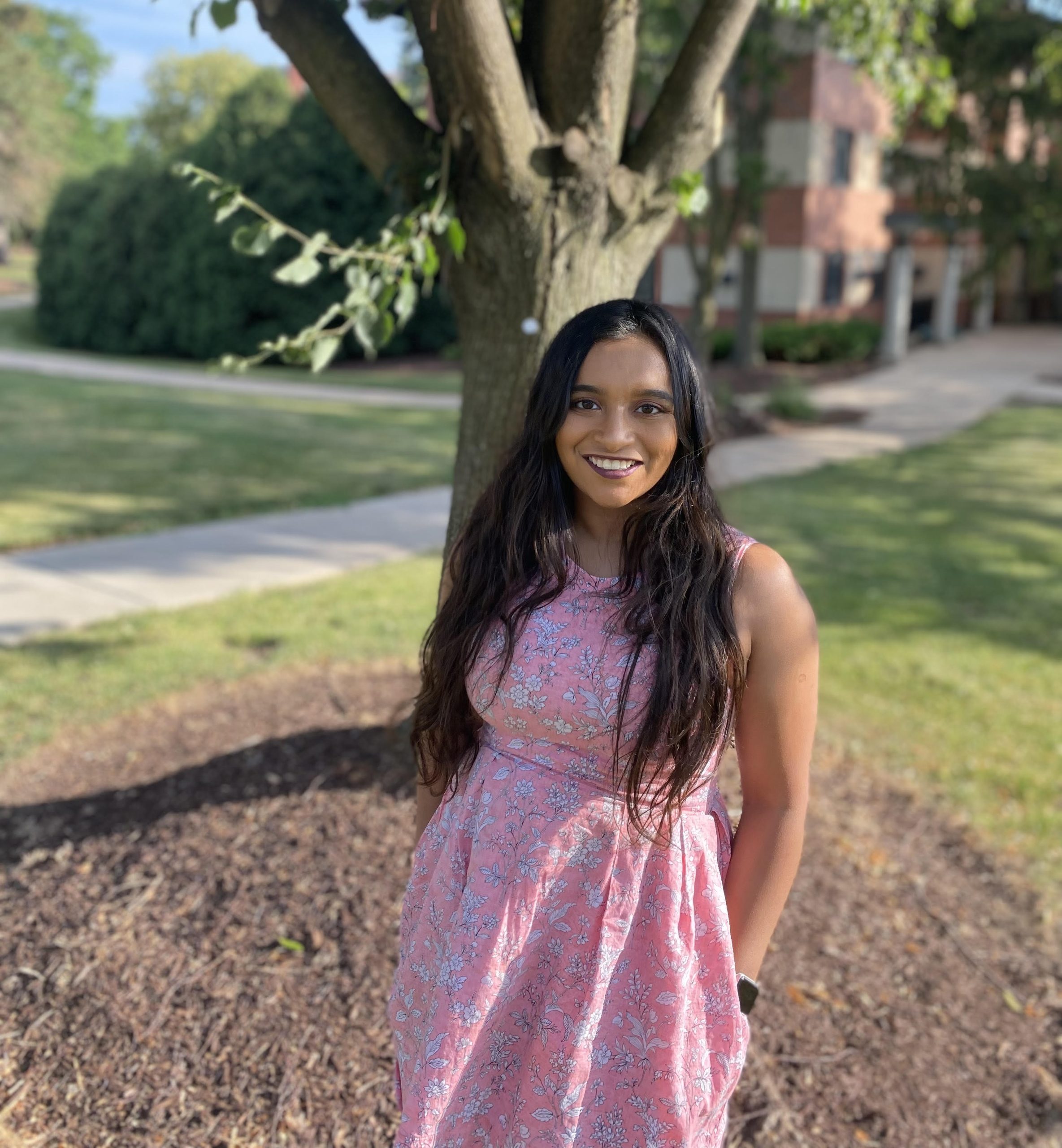
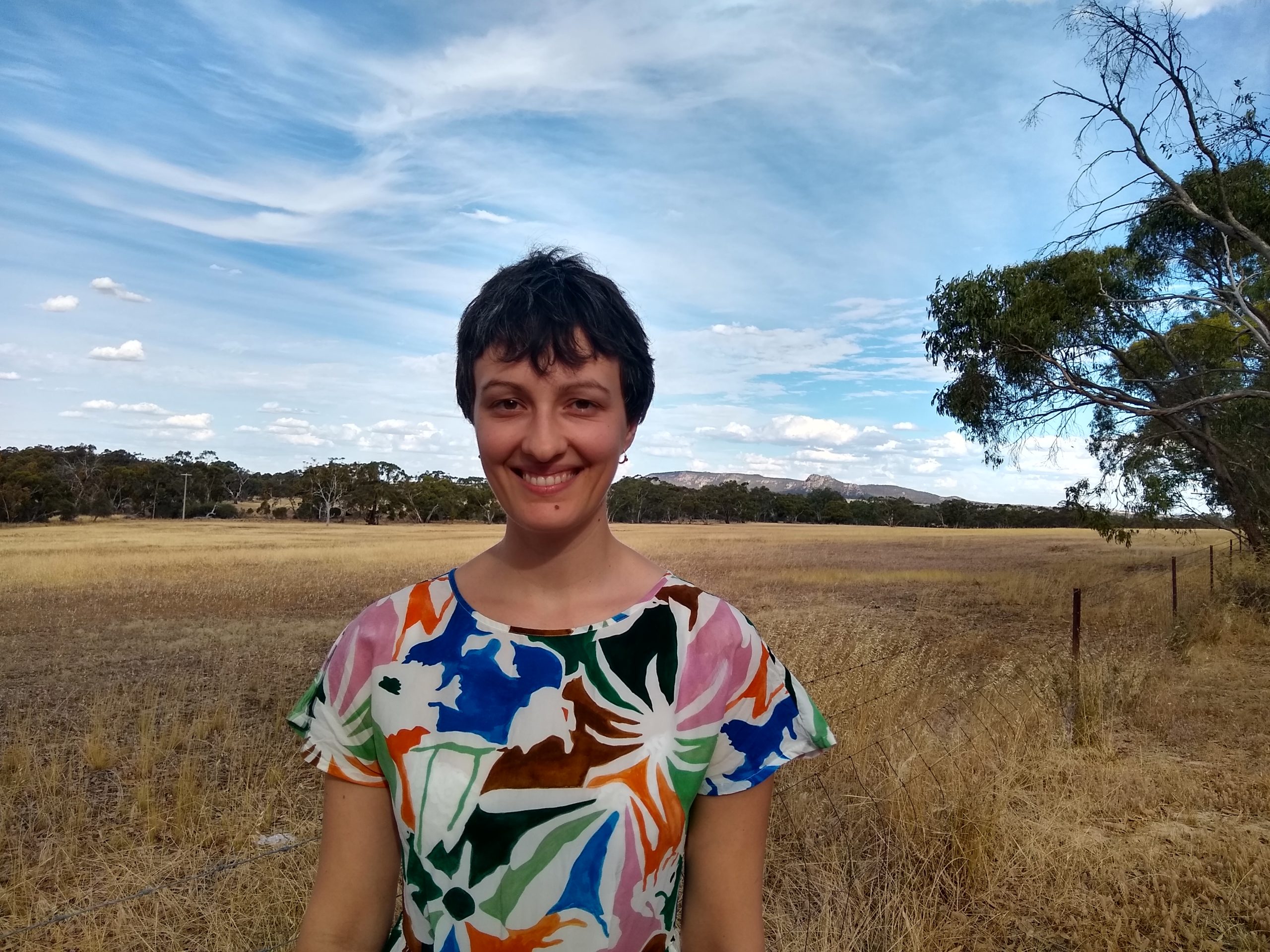
Recent Comments